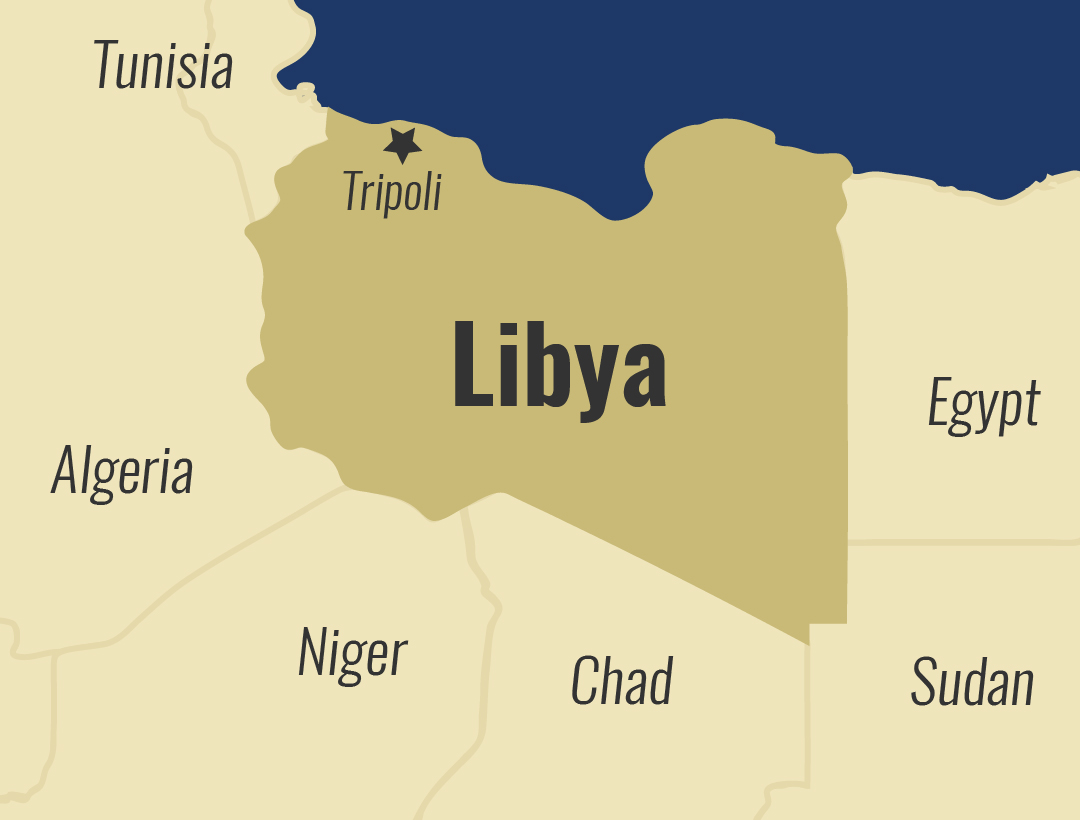
Libya unity government names new defence officials after protests

The head of Libya’s unity government appointed a new defence minister and army chief on Saturday after days of protests against poor public services and living conditions.
The decrees followed the announcement hours earlier by Libya’s UN-recognized Government of the National Accord (GNA) that it had suspended it’s interior minister after militia gunmen fired on peaceful demonstrators last week.
GNA Chief Fayez al-Sarraj promoted deputy and acting defence minister Salah Eddine al-Manrush to the ministry’s top job and appointed general Mohammad Ali al-Haddad as head of the army.
Haddad hails from Misrata, 200 kilometers (125 miles) east of Tripoli, the home of powerful armed groups that have fought on the side of the GNA in the battle against eastern-based military strongman Khalifa Haftar, who tried to seize the capital last year.
The appointment comes days after Sarraj announced a government reshuffle in response to growing popular discontent in Tripoli and other western Libyan cities under its control.
Hundreds of demonstrators staged rallies from Sunday in Tripoli against corruption and extended shortages of power, water and fuel in the oil-rich North African country.
Gunmen fired on crowds on several occasions.
In response, the GNA said Interior Minister Fathi Bashagha “has been temporarily suspended” pending an inquiry “on his statements about the protests and incidents in Tripoli and other cities”.
Bashagha, who was visiting the GNA’s main backer Turkey, said in a statement posted on the interior ministry’s Facebook page early on Saturday that he was ready to submit to an investigation.
However, he demanded any hearing be broadcast live for the sake of transparency.
Upon his return to Tripoli on Saturday evening, Bashagha told a crowd of supporters at the Mitiga airport: “I am ready to be questioned. I have nothing to hide.”
“Everyday life in Libya is painful,” he said, blaming hardships in the country on “corruption in all sectors”
Libya has endured almost a decade of violent chaos since the 2011 NATO-backed uprising that toppled and killed veteran dictator Moamer Kadhafi, with the GNA and a Haftar-backed eastern administration now vying for power against a backdrop of dozens of local conflicts.






